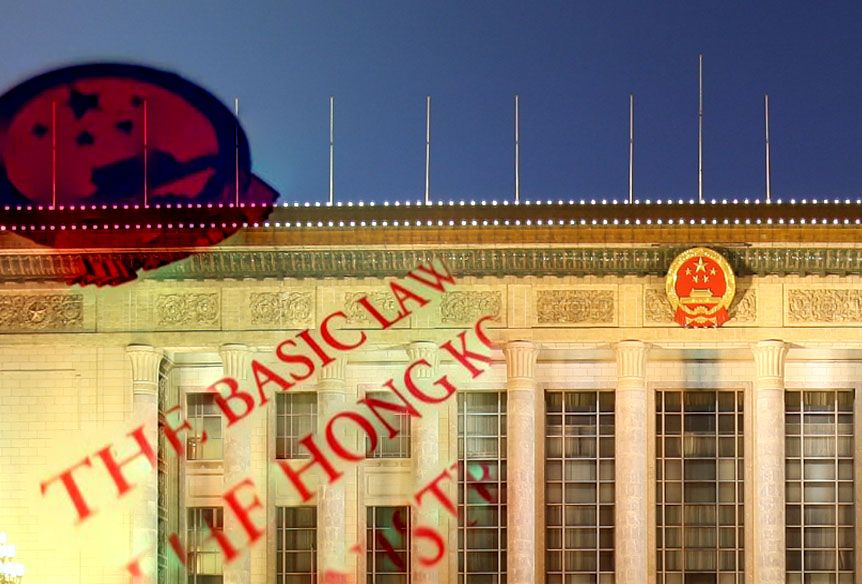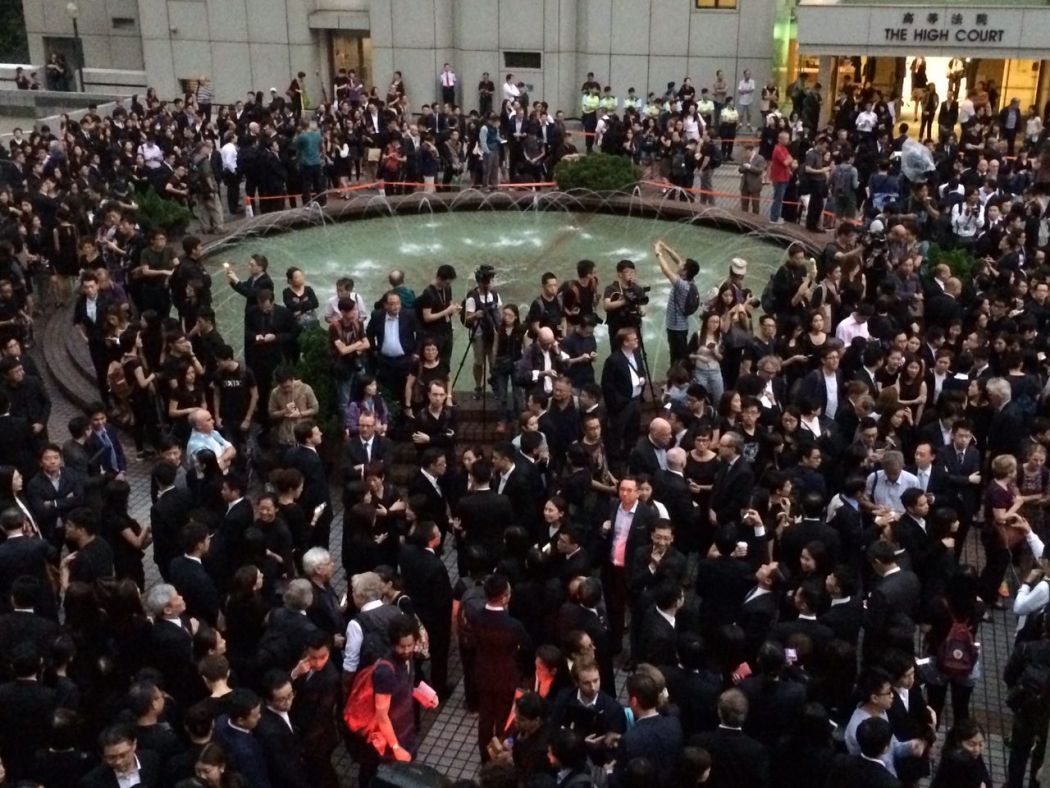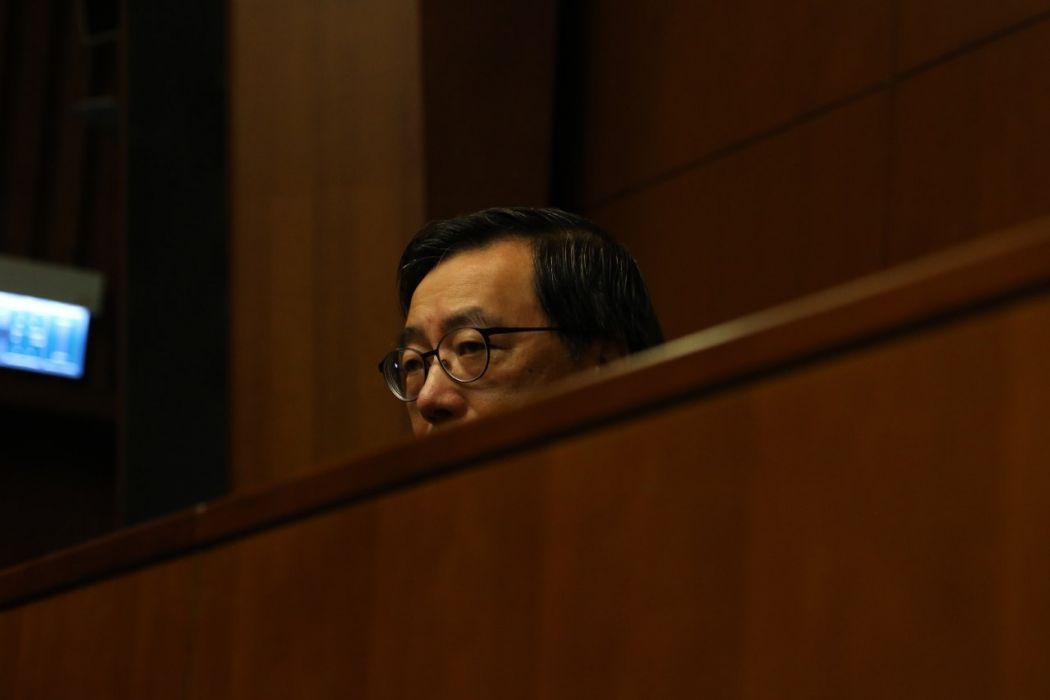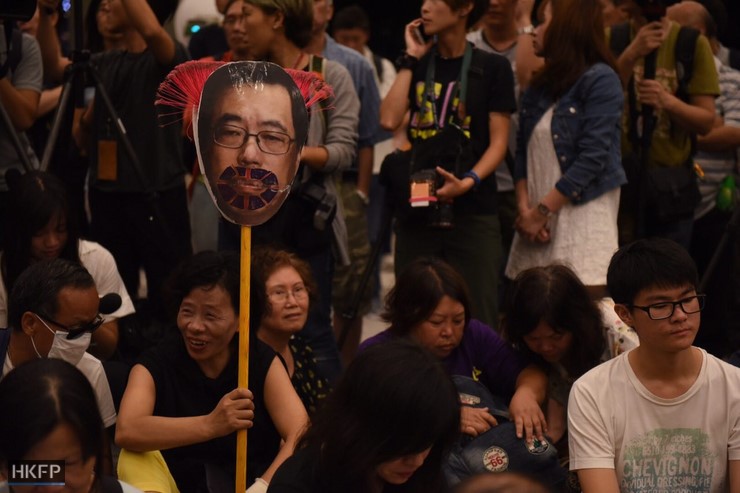Before the Handover, while I was the Vice Chairman of the Hong Kong Bar Association, I went with our then Chairman Gladys Li Q.C. to Beijing to meet with their “Guardians of the Law”.
The Guardians assured us that there was no need to worry about Article 158 of the Basic Law, because the Standing Committee of the National People’s Congress (NPCSC) would only interpret when asked by the Court of Final Appeal to do so.

See also: The road of no return Part 1: Beijing’s ruling on Hong Kong’s Basic Law cannot be justified
Indeed, most people reading the provision will probably come to the same view. Article 158 is divided into 4 sub-paragraphs. The first says that power of interpretation is vested in the NPCSC. The second says that the power is delegated to the Hong Kong courts when adjudicating cases. The third tells you the circumstances when the power will be exercised by the NPCSC and expressly mentions reference by the Court of Final Appeal. The last says that before doing so, the Basic Law Committee will be consulted.
If a grandpa tells his grandson that the power of discipline is vested in the grandfather, he will punish the child if his grades were poor and before doing that his mother will be consulted, the child naturally assumes that he will only be punished when he does badly at school and his mum consents to the punishment.
It turns out that he gets whacked every time grandpa feels the need to do so and says it is for the child’s own good. It is hardly surprising that the child wants to grow up quickly and get away soon.

There have been five Interpretations so far. Only the one in 2011 was due to a reference by the Court of Final Appeal and that was the one that did not result in a protest by the legal profession.
On the other four occasions, the rules of the game as laid down in Article 158 were not followed. Lawyers marched in protest, and each time the numbers exceeded the last. On 8 November, even if many of the lawyers might disapprove of the conduct of Leung and Yau, they disapproved of the NPCSC Interpretation even more. More than 2,000 lawyers joined the march. It was a record high turnout.
The facts in the Leung Yau case were extreme. The pair did not provide any explanation for their conduct or argue that such conduct was in compliance with the requirements of oath taking. Hence there was no need for a “full merit review” and there was public sentiment in support of the disqualification.
But does this mean that the court must intervene in all such cases of oath taking? Is it possible to reduce the damage to the minimum?

Generally speaking, by reason of the principle of separation of powers, the court adopts the non-intervention approach and respects the ruling of the Legco President. Of course there are exceptions, for example if the Legco President acted outside his powers (ultra vires) or in a way which lawyers called “Wednesbury unreasonable”, grossly unreasonable such that no reasonable man would have come to such a view.
Further the court does not substitute its own decision but remits the matter back to the Legco President for his reconsideration.
In the Leung Yau case, the court adopted the first alternative and found that the Legco President had no power to permit the pair to retake their Oath. Further the matter was not remitted back for reconsideration.
As explained in part 1 of this article, the Court of Appeal said it has a constitutional duty to intervene and conduct “a full merit review” in order to decide if the Oath taken was valid or not, with the consequences that the court has to intervene in every such case and a decision may be rendered a long time after the oath taking, and a long time after the contested legislators have received their remuneration and started carrying out their duties.
What if the court adopted the second alternative? It may maintain the general non-intervention approach, giving due respect (what lawyers call the “margin of appreciation”) to the Legco President but finding that in this particular case the decision of the Legco President was “Wednesbury unreasonable”.

Given that even Leung and Yau themselves could not explain their conduct, no reasonable man could have found that the Oath was genuine. This would have confined the outcome to the specific facts of the case.
The matter could then be remitted back to the President Andrew Leung for his reconsideration. It must be remembered that non-intervention does not mean that the court is not the final arbiter or that it has no power to intervene; the court retains the flexibility to intervene but only in necessary or appropriate cases without having to do a full merits review in every such challenge. This way, the court can, as much as possible, stay away from political wrangles.
Had the court adopted the second alternative, it would not have encouraged the Chief Executive and the Secretary for Justice to take out these further applications against even more legislators.
It is ironic that this departure from the usual non-intervention approach meant that a product of small circle election with only 689 votes is able to use public funds to judicially challenge and disqualify legislators popularly elected by more than tens of thousands of votes.

The court’s role is to do justice; if a duly elected legislator has been wrongfully robbed of his seat, of course the court should intervene. But when these legislators have been duly elected, when their oaths have been accepted by the Legco President, and when they are dutifully discharging their public duties as Legislators, the court must not render any assistance to oppressors.
People are asking, why is it that the election petition of Edward Leung is yet to be heard, why is it that so many cases that have been heard almost a year ago are still waiting for their judgments, why is the Leung Yau case heard so speedily and why is it necessary for the Chief Executive to join in when the Secretary for Justice is the proper applicant and sufficient for the purpose?
Is it because the courts and judges have to co-operate with the government as stipulated in the 2014 White Paper or by Xi Jinping, then Vice President, when he came to Hong Kong in 2008? For those of us who want to defend the rule of law, some of these questions are becoming increasingly difficult to answer.
